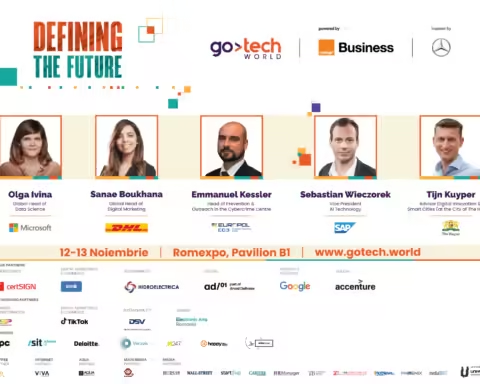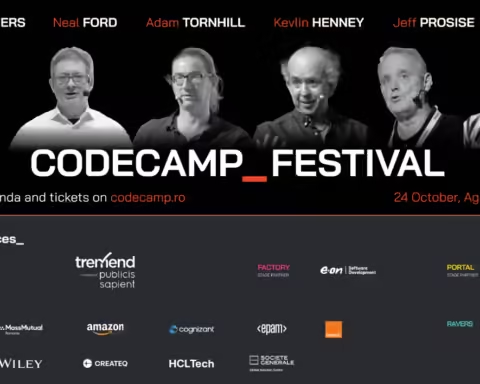This week, OpenAI quietly published a statement on its website pledging not to use its patents offensively, aiming to align itself with principles of “broad access” and “collaboration.” The company emphasized that it would only employ its patents in ways that support innovation. “We pledge to only use our patents defensively, so long as a party does not threaten or assert a claim, initiate a proceeding, help someone else in such activities against us, or engage in activities that harm us or our users,” the statement read.
At first glance, this commitment seems noble, positioning OpenAI as a supporter of open innovation. However, legal experts argue that the pledge is riddled with ambiguity and could be more of a PR move than a real step toward fostering open collaboration.
A Vague Commitment?
One of the key issues with OpenAI’s pledge is its vagueness. Mike Borella, a partner at McDonnell Boehnen Hulbert & Berghoff LLP, pointed out that while the company vows to only use its patents defensively, it’s unclear what “defensively” actually means. Borella argues that the language is so broad that OpenAI could interpret any competitive action, including legitimate criticism, as a harmful activity.
“The last phrase seems to be the exception that swallows the rule,” Borella told TechCrunch. “It can be read in so many different ways, including to cover all of OpenAI’s competitors in the marketplace and parties who fairly criticize ChatGPT’s deficiencies.”
Borella contrasts OpenAI’s statement with more concrete patent pledges, such as IBM’s 2005 promise not to use 500 specific patents against open-source software developers. In his view, OpenAI’s pledge lacks that same level of clarity and specificity.
Limited Patent Portfolio
Another important detail is OpenAI’s relatively small patent portfolio. Borella notes that while the company has filed for patents, only a few have been granted so far. OpenAI’s intellectual property (IP) strategy appears to lean more heavily on trade secrets, such as confidential training data and proprietary methods, than on patents. This limits the impact its patent pledge could have even if it were fully enforced.
Patent applications with the U.S. Patent and Trademark Office aren’t published until 18 months after filing, which means much of OpenAI’s IP might still be under wraps. But for now, there’s little evidence that OpenAI holds a large patent arsenal that could be leveraged offensively, even if the company wanted to.
A Voluntary Promise
Shubha Ghosh, a professor of intellectual property law at Syracuse University, highlights another critical point: OpenAI’s pledge is voluntary and non-binding. It doesn’t carry the legal weight of a contract or warranty, meaning the company could, theoretically, deviate from it without facing legal consequences.
In fact, Ghosh notes that the pledge doesn’t prevent OpenAI from enforcing its rights under other legal frameworks, such as copyright, trade secret, or contract laws. For example, OpenAI’s source code is protected by copyright law and trade secrets, and any terms of service agreements the company has in place are still enforceable.
“If OpenAI engages in conduct that deviates from the pledge, for example by suing another company or an individual for patent infringement, what OpenAI has lost temporarily is credibility,” Ghosh said.
PR Strategy or Genuine Change?
Borella is skeptical of OpenAI’s motives, describing the statement as “public relations virtue-signaling” aimed at winning over the tech community and regulators. He compared it to Tesla’s similarly vague patent pledge in 2014, which many saw as more of a publicity stunt than a real effort to promote open innovation.
“The statement as a whole ends up being nothing more than a paper tiger,” Borella said, “rather than a substantive attempt to foster healthy competition in the marketplace.”
In the end, OpenAI’s patent pledge may sound good on paper, but its vague language and limited legal impact make it more of a symbolic gesture than a transformative commitment. For those in the tech world hoping for a real shift toward greater collaboration and openness, this pledge might fall short of expectations.





